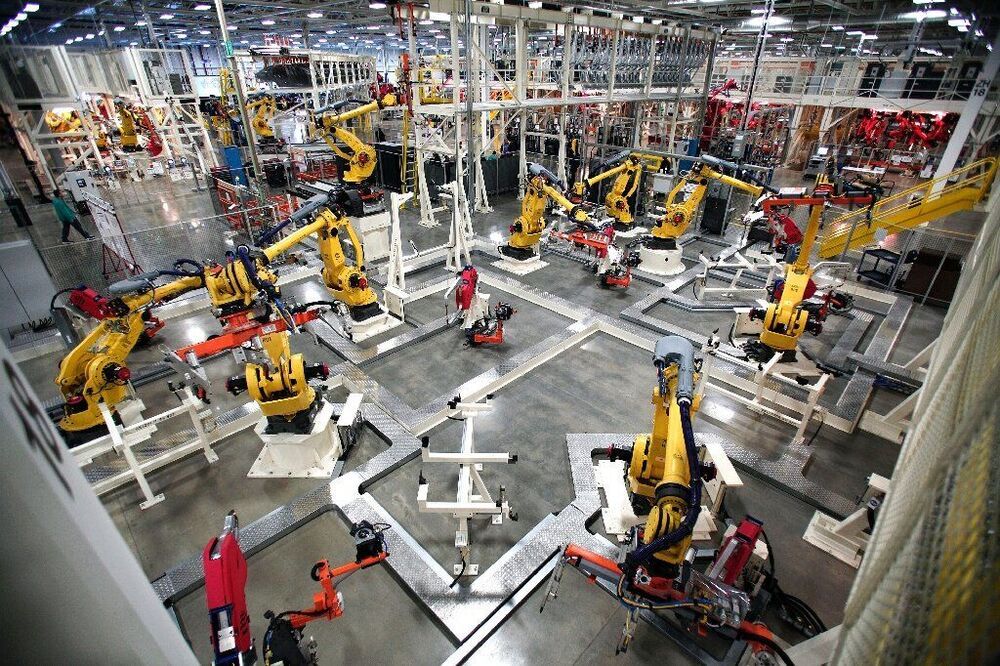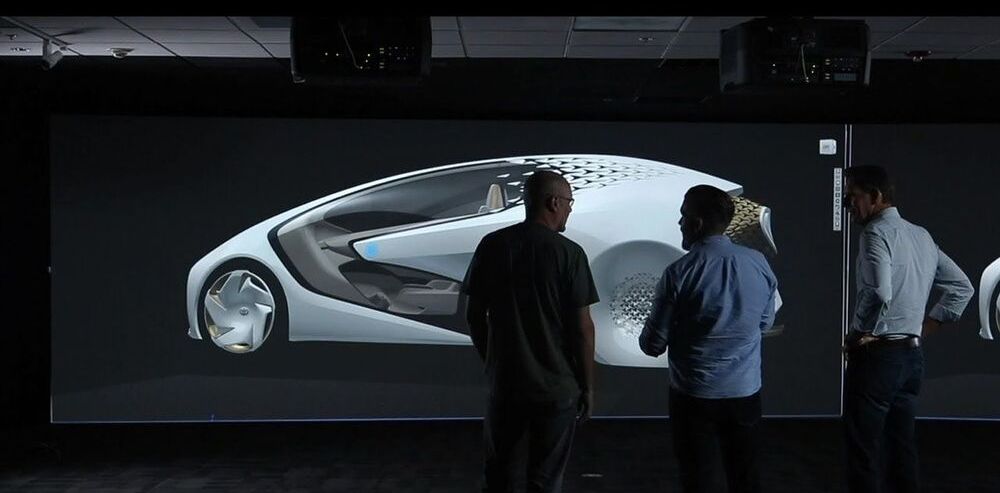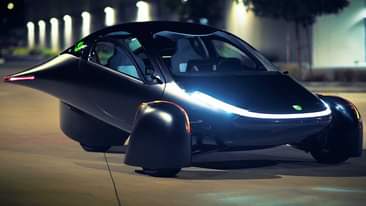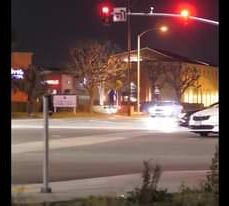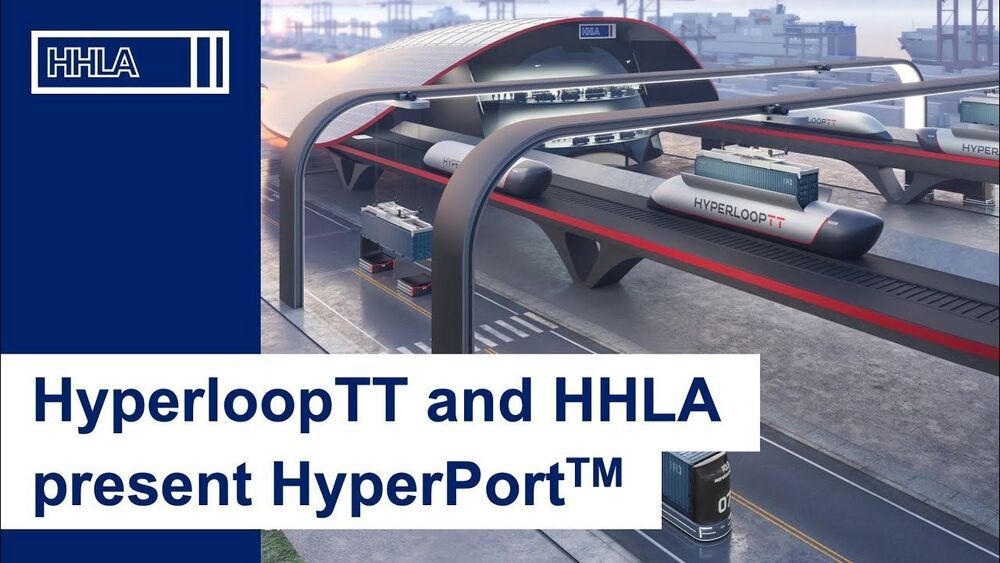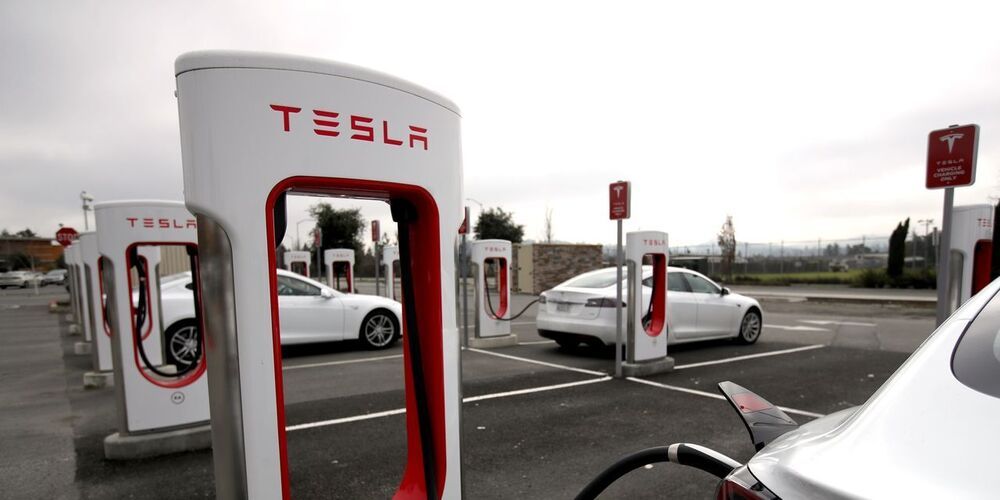Roads that can charge electric cars or buses while you drive aren’t a new concept, but so far the technology has been relatively expensive and inefficient. However, Indiana’s Department of Transport (INDOT) has announced that it’s testing a new type of cement with embedded magnetized particles that could one day provide efficient, high-speed charging at “standard roadbuilding costs,” Autoblog has reported.
With funding from the National Science Foundation (NSF), INDOT has teamed with Purdue University and German company Magment on the project. They’ll carry out the research in three phases, first testing if the magnetized cement (called “magment,” naturally) will work in the lab, then trying it out on a quarter-mile section of road.
In a brochure, Magment said its product delivers “record-breaking wireless transmission efficiency [at] up to 95 percent,” adding that it can be built at “standard road-building installation costs” and that it’s “robust and vandalism-proof.” The company also notes that slabs with the embedded ferrite particles could be built locally, presumably under license.


